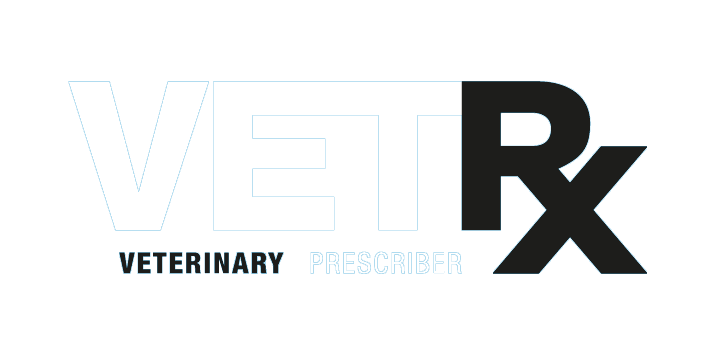Medicines News July 2020
Medicines news
Regulatory changes during the COVID-19 pandemic
There are no new changes this month. The temporary relaxations to the medicines regulations because of the need for social distancing continue until at least the end of July. Relaxation of the RCVS’s guidance on prescribing without a physical examination will be reviewed again on 18 August at the latest. Click here if you want to be reminded of the changes.
New veterinary medicine authorisations
The following medicines have been authorised by the VMD in the past month. Newly authorised medicines usually do not appear on the market straiight away. That is why we also highlight newly marketed medicines below.
Newly authorised medicine for small animals
canine distemper virus vaccine (Musteligen-D –Virbac) for ferrets. POM-V
Newly authorised medicines for food production animals
infectious bursal disease virus vaccine (brand name Avishield IBD plus – Genera Inc.) for chickens. POM-V
Mycoplasma synoviae vaccine (FIX-R MSVAC – Kerfarm B.V.) for chickens. POM-V
tulathromycin solution for injection (Lydaxx – Vetoquinol) for cattle, pigs, sheep. Supply category to be announced.
tulathromycin solution for injection (Tulaven – Ceva Sante Animal) for cattle, pigs, sheep. Supply category to be announced.
tulathromycin solution for injection (Tulissin – Virbac) for cattle, pigs, sheep. Supply category to be announced.
moxidectin pour-on (Moxodex –Channelle) for cattle. POM-VPS
benzocaine concentrate for solution (Optomease – Virbac) for fish. POM-V
avian encephalomyelitis virus, fowlpox virus vaccine (Vectormune FP ILT + AE – Ceva-Phylaxia Veterinary Biologicals Co. Ltd). Supply category not specified.
Newly marketed medicines
enrofloxacin tablets (Floxabctin – Dechra) for cats and dogs. (First authorised 2010). This is an addition to three other brands of enrofloxacin (Baytril, Enrox and Zeden). POM-V
midazolam solution for injection (Dormazolam – Dechra) for horses. (First authorised August 2017). For Intravenous co-induction of anaesthesia with ketamine. The first intravenous benzodiazepine authorised for horses. POM-V.
ciclesonide inhaler for horses (Aservo Equihaler – Boehringer Ingelheim). First authorised April 2020). A metered-dose inhaler for alleviation of the clinical signs of severe asthma. Ciclesonide is a pro-drug of des-ciclesonide, which has glucocorticoid effects. The first veterinary authorised asthma inhaler. POM-V.
Changes to product information
Small animals
Apoquel (oclacitinib) tablets for dogs. The following information about adverse effects has been added: Anaemia and lymphoma have been reported very rarely (i.e. in fewer than 1 animal in 10,000 animals treated, including isolated reports).
Finilac (cabergoline) oral solution for dogs and cats. The following warning has been added: Caution is recommended in animals with significantly impaired liver function.
Scalibor Protectorband (deltamethrin collar) 4% w/w 65 cm for large sized dogs and 48 cm collar for small and medium sized dogs. The name of the product has changed to Scalibor Protectorband 1.0 g medicated collar for large sized dogs and 0.76 g medicated collar for small and medium sized dogs.
Metrobactin (metronidazole) tablets for cats and dogs. The table suggesting the number of tablets (or portions) to dispense has been removed from the SPC. We welcome this change. In our module on Metronidazole neurotoxicity we drew attention to the potential for giving higher than recommended doses of metronidazole when following the table suggestion for some body weights. We have updated the module to reflect the change.
Food-production animals
Tylan 200 solution for injection (tylosin). The withdrawal period for pig meat and offal is now 16 days.
The up-to-date SPCs for all the products can be viewed on the VMD product information database.
Our purpose...
......is to provide busy veterinary professionals with impartial information on veterinary medicines with which to make treatment decisions in the best interests of animals, their owners and the environment. We mainly do this through the Virtual Veterinary Medicines Academy where our evidence-based peer-reviewed appraisals are the result of a rigorous research and editorial process and are presented succinctly in our multi-media CPD modules. We’re independent: we don’t sell ads, or receive commercial support. We’re funded by subscribers so you can be sure the information we provide is completely objective. Subscribers get unlimited access to the Virtual Veterinary Medicines Academy.

